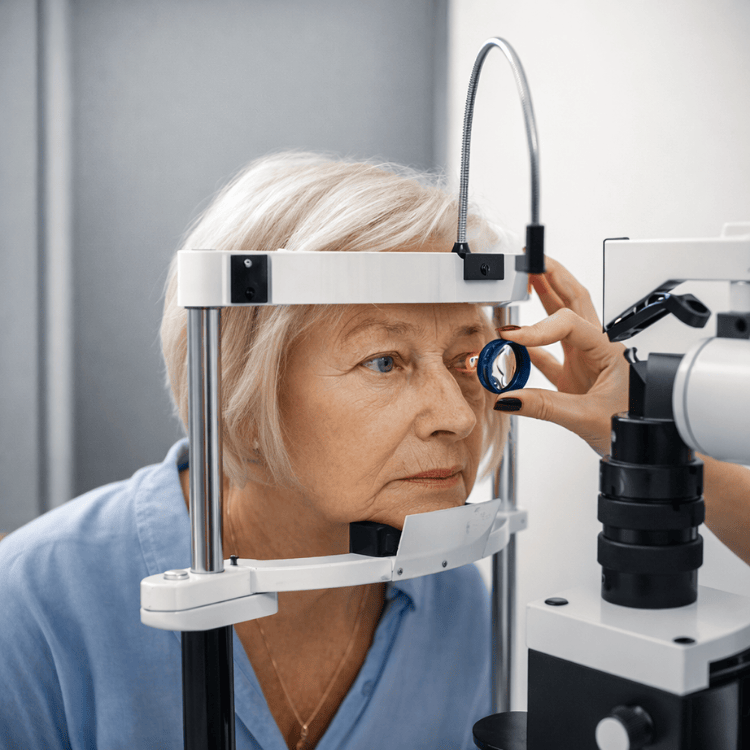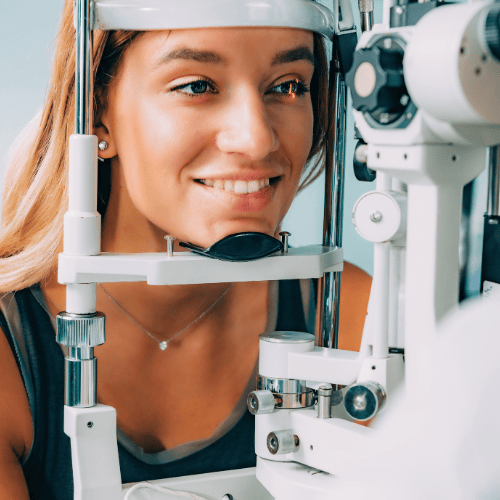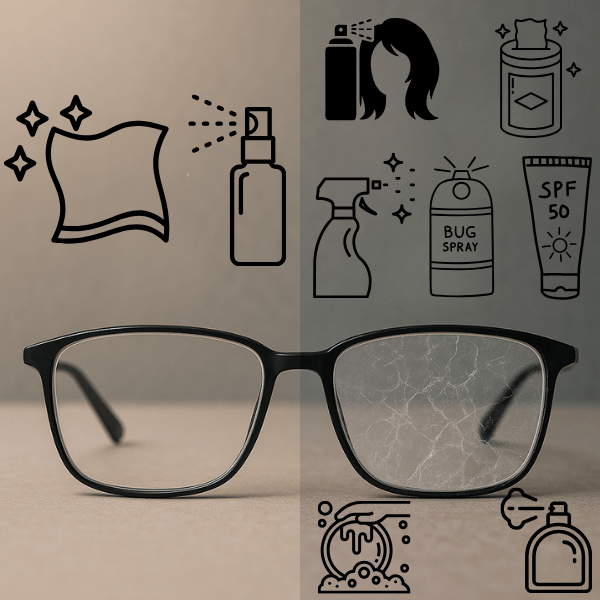Seven Questions to Ask Before Cataract Surgery: What Every Patient Should Know
Taking the time to ask your optometrist the right questions isn’t just about gathering information. It’s about understanding your options, setting expectations, and feeling confident in your care plan. The more informed you are, the smoother your experience will be, before, during, and after surgery.

1. Is Cataract Surgery Right for Me?
Not all cataracts need to be removed immediately. Ask your optometrist if your vision changes are significantly affecting your daily life. If you're struggling to drive at night, read, or see clearly even with glasses, it might be time. Understanding the timing helps you avoid unnecessary delays and plan ahead.
2. What Type of Lens Implant Is Best for Me?
During cataract surgery, the lens is removed and replaced with an artificial implant called an “intra-ocular lens” (IOL). There are several types of IOLs to choose from, including monofocal, multifocal, and toric lenses. Each one offers different benefits. For example, multifocal lenses may help reduce your dependence on glasses after surgery. Your lifestyle and vision goals will help determine the best option for you.
3. What Can I Expect During the Procedure?
Cataract surgery is typically performed on an outpatient basis and usually takes less than 20 minutes. There is usually no discomfort since anesthetic drops are used. Knowing what happens during surgery can ease anxiety and help you prepare mentally and physically.
4. What Are the Risks or Side Effects I Should Be Aware Of?
While cataract surgery is very safe, it's still a surgical procedure. Potential complications are rare but can include infection, inflammation, or vision issues. Your optometrist or surgeon should walk you through these risks and explain how they are managed.
5. What Will My Vision Be Like After Surgery?
It’s important to set realistic expectations. Most patients experience clearer vision within a few days, but some may require more time to fully heal.
6. How Long Is the Recovery and What Should I Avoid?
After surgery, you'll need to avoid certain activities like heavy lifting, bending over, or getting water in your eye. Most people return to normal routines within a week, but full recovery including vision stability can take up to two months. Knowing this helps you plan for time off and aftercare.
7. Will I Need Cataract Surgery in Both Eyes?
If you have cataracts in both eyes, your surgeon will usually operate on one eye first and schedule the second a few weeks later. Understanding the process helps you coordinate your appointments, time off, and caregiving needs if necessary.
How Your Optometrist Helps You Prepare
Your optometrist plays a vital role before and after your cataract surgery. From assessing the severity of your cataracts to recommending the right IOLs and co-managing care with your surgeon, they’re with you every step of the way. They also handle follow-ups and help monitor your healing process to ensure your vision is on track.
Clarity starts with answers.
Schedule your eye exam today to find out if cataract surgery is the right choice for you.

Written by Dr. Tom Wilk
About the Author:
Dr. Tom Wilk sees patients at his Cochrane location primarily. He developed the “Patient First” approach now adopted by all Doctors and staff at Mountain View Optometry. He obtained his Doctor of Optometry (OD) from the Michigan College of Optometry in 1994, and his B.Sc. from the University of Waterloo. A native of Toronto, Ontario, he came to Alberta in 1998, attracted by the opportunity to start an optometry practice in the only province that allowed ODs to practice within the full scope of their training.











